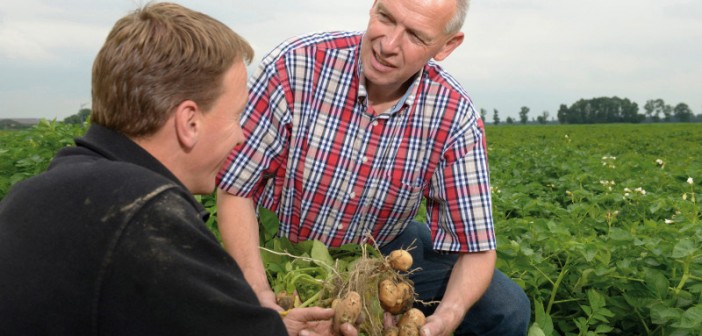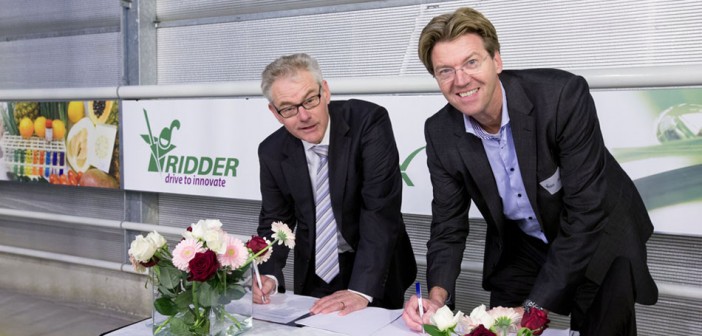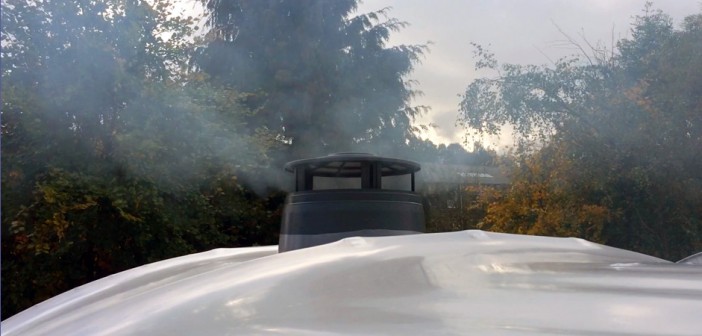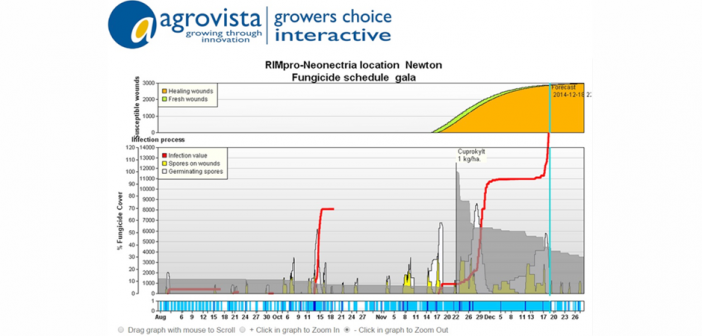Produce Investments, the parent company of potato packer Greenvale, has said that it will close the recently acquired Kent Potato Company after a metal contamination incident at its prepared foods business could remove between £300,000 and £1.5 million from its results next year. In its latest results revenues fell from £191.8 million last year to £178.4 million.
The AIM-listed company is still investigating the issue at its Swancote Foods subsidiary in Shropshire, after a mechanical failure resulted in the recall of potato salad and ready meal products across a range of customers.
In a statement the company said; “Following a recent review of potato packing operations, the company is proposing to transfer all packing and associated operations from its site in Kent to sites in Cambridgeshire and Scotland. Regrettably, this would mean the closure of The Kent Potato Company site with associated redundancies.”
The company has won a three-year agreement at a fixed margin with one of its main retail customers. However, the deal has come with a reduction in overall volume from next July.
Chief executive Angus Armstrong said; “While this reduction…is clearly disappointing, we are extremely pleased to have achieved this arrangement, a first for our business, a signal of market confidence in Produce Investments and a positive step forward.
“Consequently, as a result of the reduction in volume, the company is currently reviewing its requirements across its packing facilities, aligning capacity to forecast sales and therefore ensuring that the business remains efficient and cost competitive.”
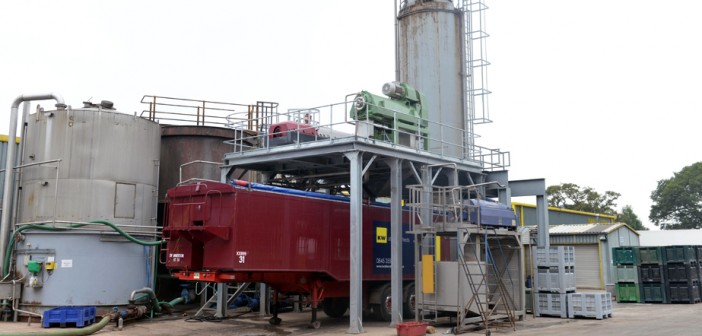
The post Produce Investments sees profits fall appeared first on Hort News.
